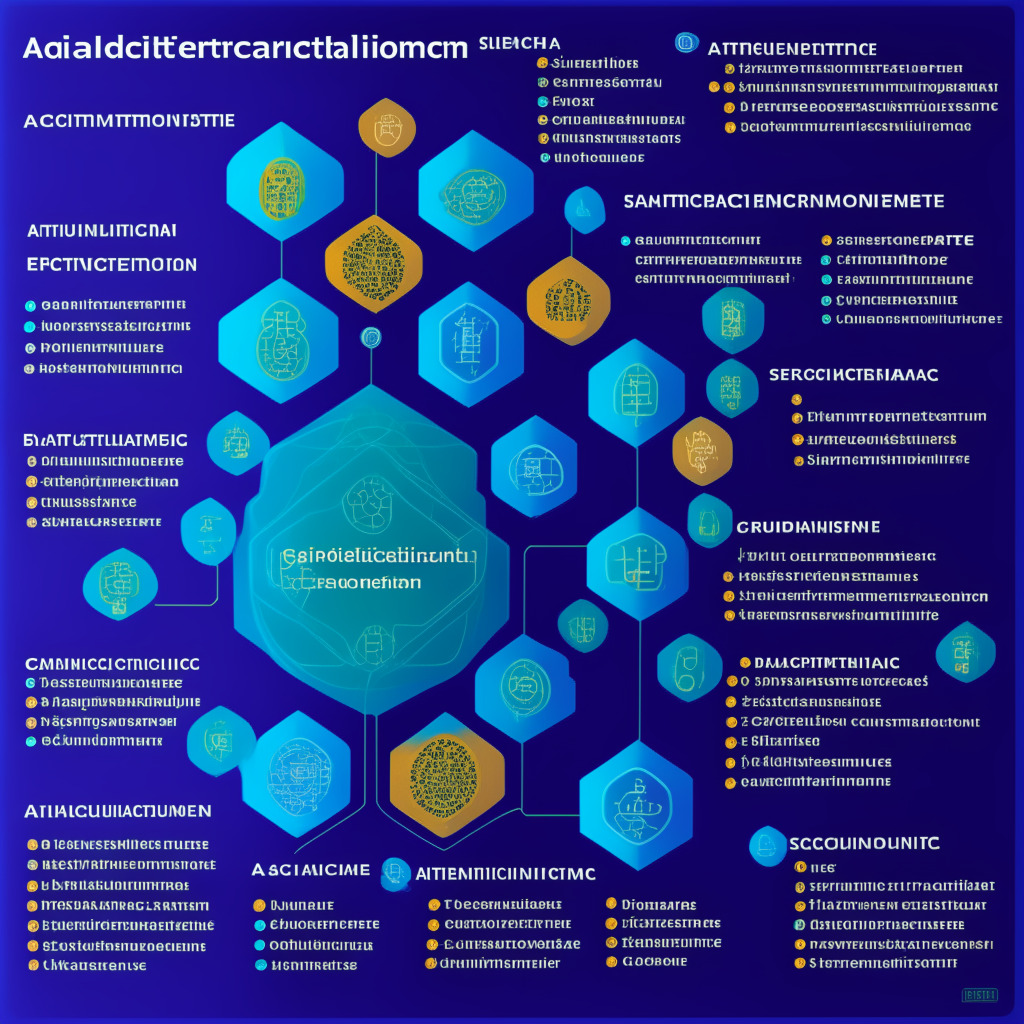The rapid development of artificial intelligence (AI) technology has undoubtedly led to significant advancements, such as raising the general education level of the planet and finding cures for devastating diseases. However, concerns surrounding the darker side of AI, including job displacement and increased surveillance by authoritarian states, have increased. As a result, companies are exploring blockchain technology as a potential remedy for some of AI’s issues.
Blockchain technology offers transparency, traceability, and trust, which could offset some of the opaqueness associated with AI. By providing a repository for AI training data and an audit trail for the provenance of that data, blockchain may enhance transparency in AI models. According to Neha Singh, co-founder of Tracxn Technologies, integrating blockchain technology could lead to increased transparency and an overall more accountable AI landscape.
However, not everyone agrees that blockchain will have such a profound effect on AI. Roman Beck, a professor at IT University of Copenhagen, expresses skepticism, pointing out existing challenges in tracking and tracing smart contracts. He does note the potential benefits of blockchain in auditing AI results, ensuring a record of AI activities and the ability to trace any malicious or unlawful uses of AI technologies.
Artificial intelligence requires transparent and trustworthy practices. Recently, the fintech firm FICO received a patent for “Blockchain for Data and Model Governance,” which utilizes a permissioned Ethereum blockchain in their analytics work to enforce responsible AI governance standards. The blockchain records the development process of models, including errors and improvements, providing accountability and ensuring that AI practices are in line with ethical and moral standards.
Given the growing concerns surrounding AI’s impact on society, self-regulation and the exploration of blockchain’s potential benefits may be crucial in creating a responsible AI future. Although the promise of blockchain technology may not be well-known or recognized as a solution for AI’s challenges, its ability to promote transparency and accountability in the AI development process could make it an essential cornerstone for the safe and ethical implementation of
Source: Cointelegraph




